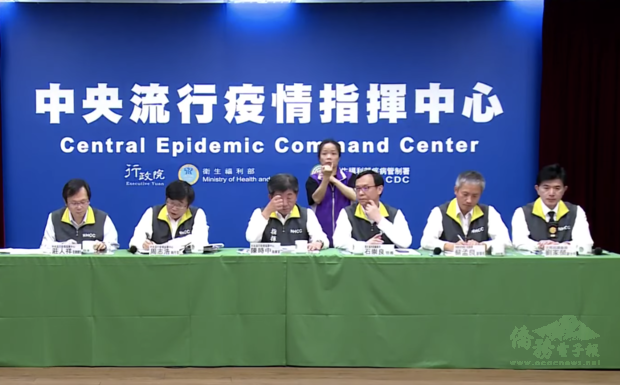
Taipei, Feb. 28 (CNA) Taiwan's government is planning a campaign to get information on health and hygiene to migrant workers after an Indonesian caregiver was recently confirmed to be infected with the novel coronavirus.
Concerned that migrant workers could spread the infection in Taiwan, the government is producing leaflets on hygiene in Indonesian, Vietnamese and Thai to help them protect themselves against the virus, said Centers for Disease Control (CDC) Deputy Director-General Chuang Jen-hsiang.
The leaflets will offer such information as how to properly wear a mask or wash one's hands, Chuang said, though it's unclear whether that would have helped the caregiver.
She was caring for an elderly Taiwanese man who was originally diagnosed with tuberculosis and was only later found confirmed to have the coronavirus.
The government appear concerned that she was working in Taiwan illegally after overstaying her visa, which it felt exposed a potential gap in the epidemic prevention system.
The Central Epidemic Command Center estimated that nearly 50,000 foreign workers are in Taiwan illegally and said it was important to close the loophole they might create in spreading a virus that has affected every part of the globe.
As part of the nation's prevention efforts, the Ministry of Labor (MOL) announced later Friday that a search system worked out in collaboration with the National Immigration Agency (NIA) will soon open to track down undocumented migrant workers in Taiwan.
Potentially starting next week, the employment or residency status of migrant workers who accompany their employers to seek care at hospitals can be checked on the spot thanks to the system, said Tsai Meng-liang, deputy director-general of MOL's Workforce Development Agency.
The mechanism will be able to detect illegal migrants, whether they are overstaying their visas or holding a fake residency permit, Tsai said.
That would seem to make it even less likely migrants working here illegally would seek medical care, but Tsai said a previous program offering migrants incentives to turn themselves in could be reinstituted this year to address the problem.
A total of 25,967 illegal migrant workers were repatriated to their countries under the program last year, while 1,023 employers and 192 brokers were also punished for their practices, Tsai said.